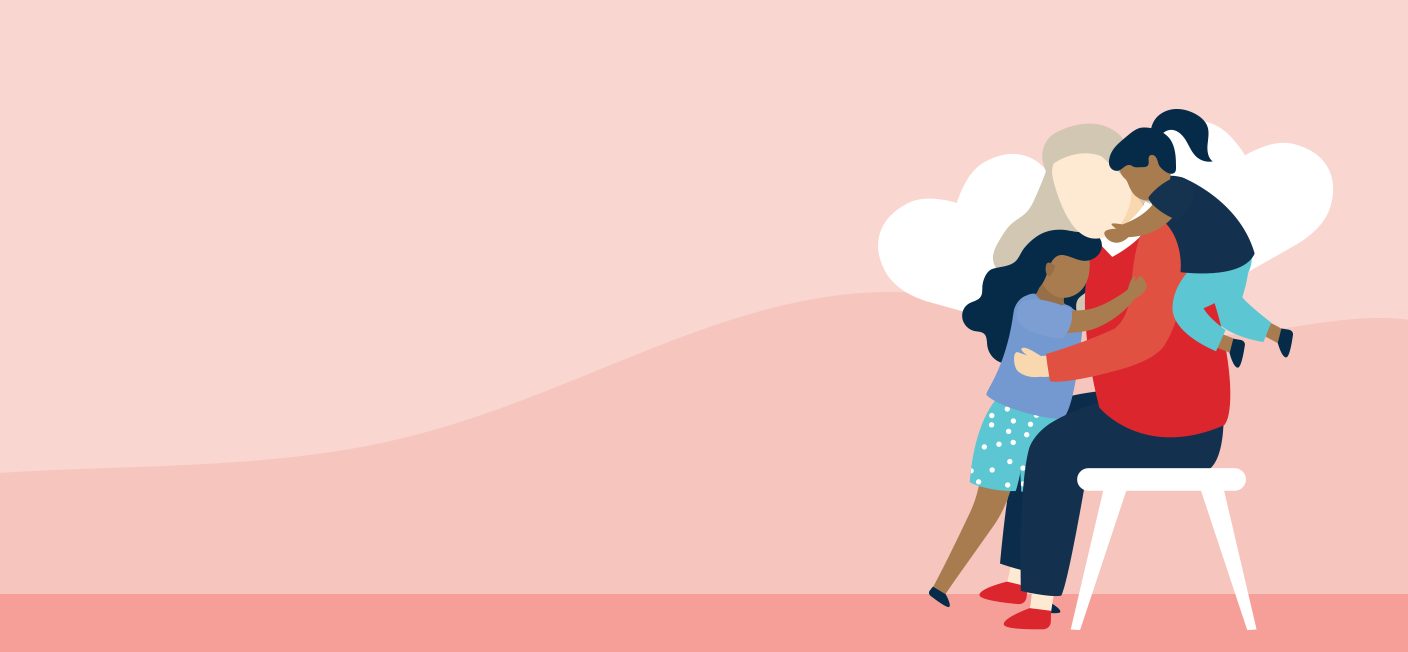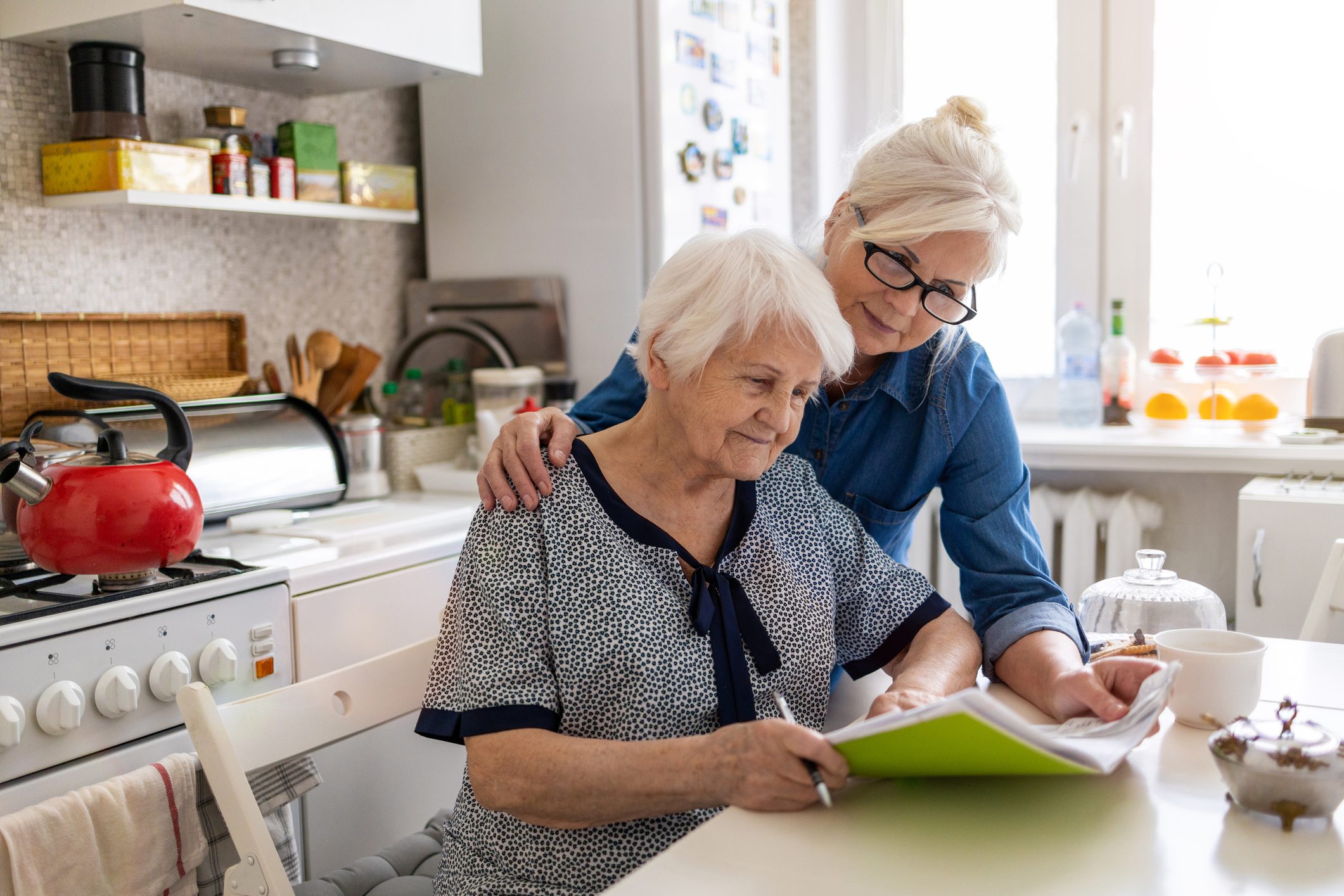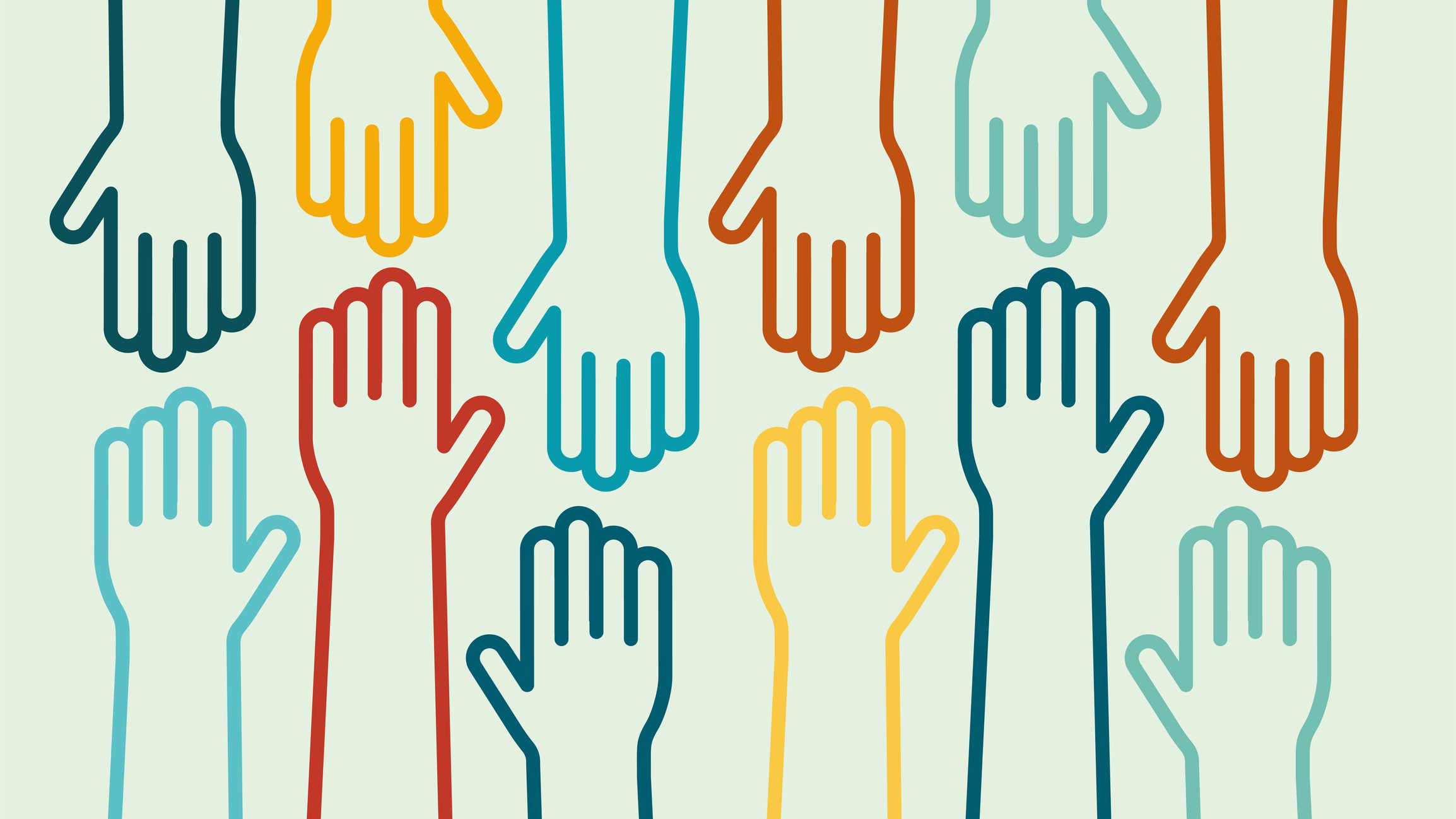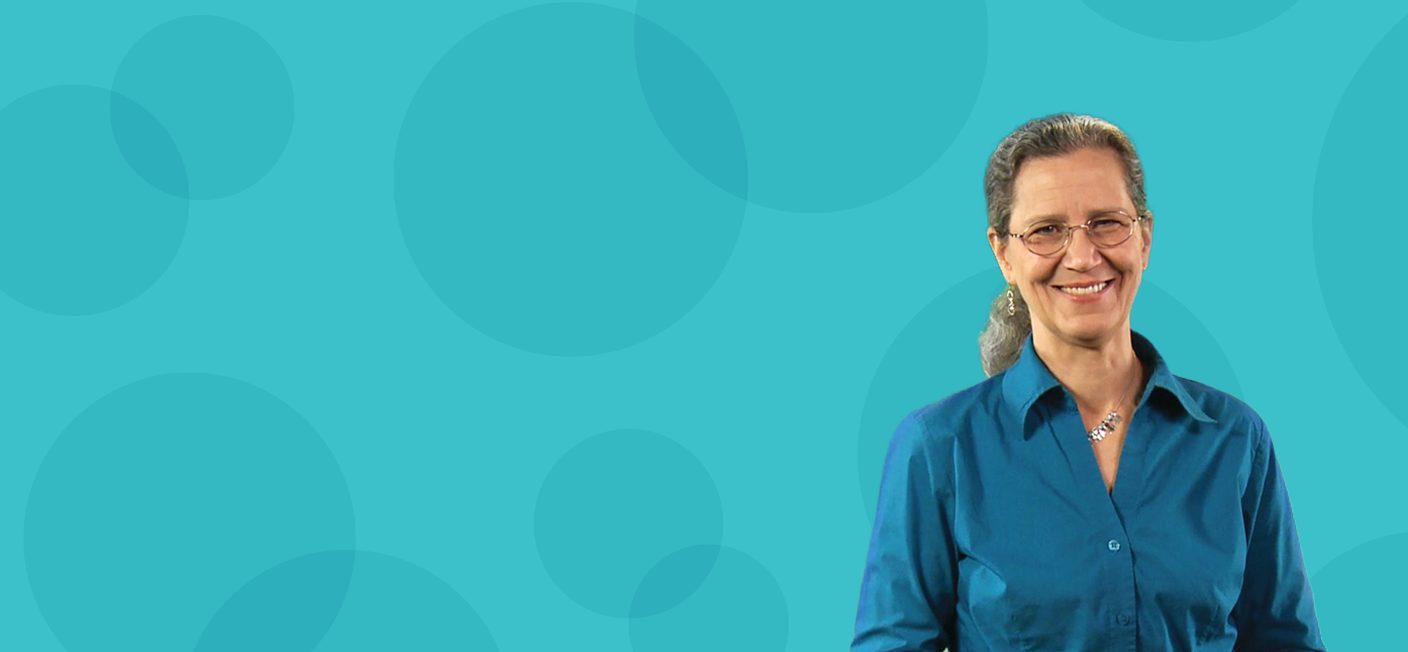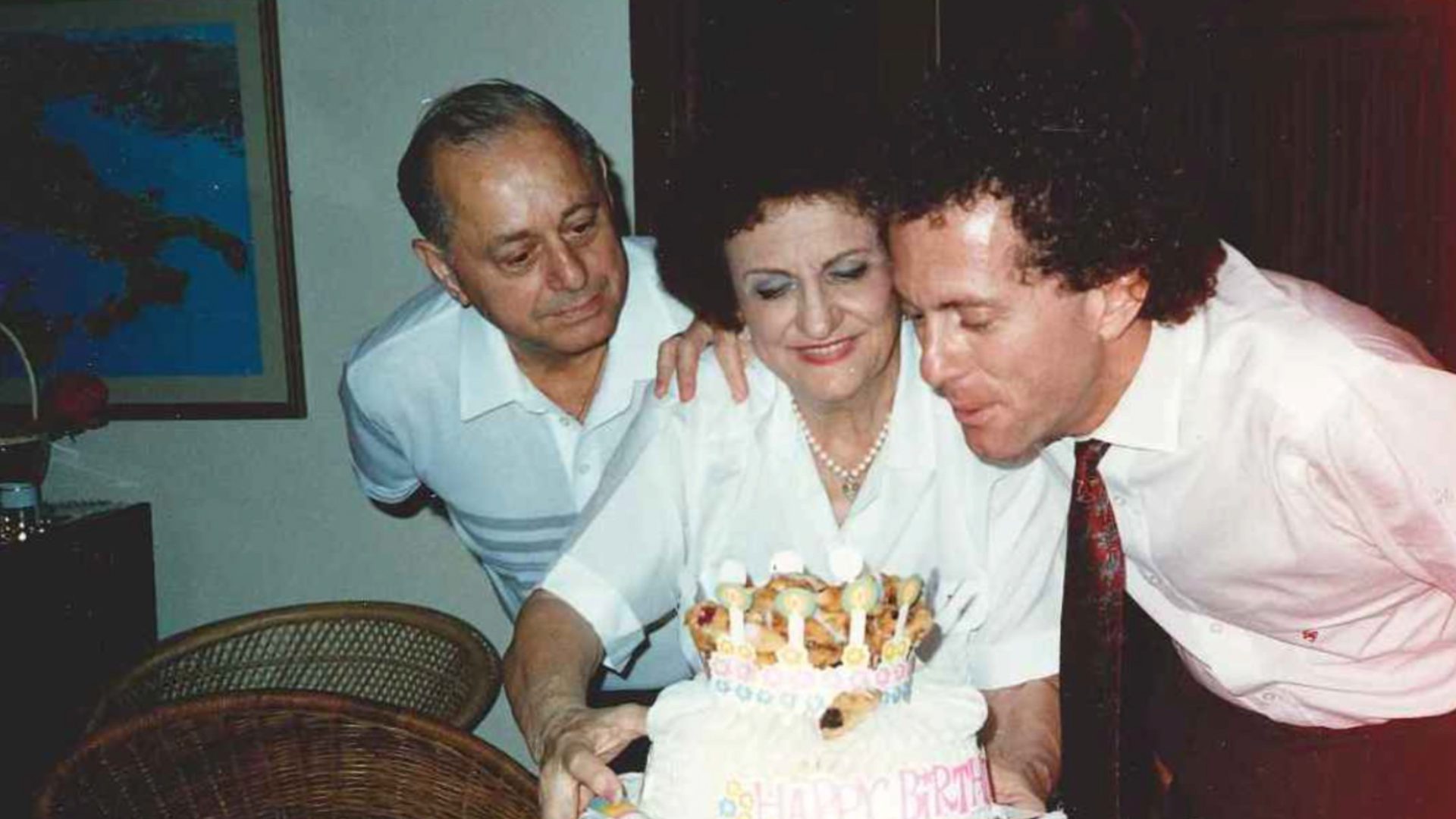Last Updated on March 8, 2024
“Caregiver” for her great-grandchildren was not on Sharon Strickland’s list of aspirations as she transitioned into her golden years.
Strickland was enjoying four-mile walks on the beach, going out and meeting friends for dinner and drinks, doing arts and crafts and refurbishing furniture.
“I felt like that was a good time for me, that I was able to just explore who I was as a person, without children, without a husband, and being single,” she said. “So, it was like, ‘I have plenty of time to do all of those things.’ ‘’
But life had other plans. One of her great-grandchildren needed a loving home, then a sibling needed the same. And Strickland was the best and only option.
It was October 2019, when the first disruptive force came into play.
Carly had been severely beaten and had been in a hospital for about 30 days. She had then been placed in a foster home. Strickland went to work, using her contacts to connect with supervisors and social workers. She wanted Carly in her care and pushed all the right buttons to make it happen.
Two weeks later, a social worker reached out, asking if Strickland could take Carly that night.
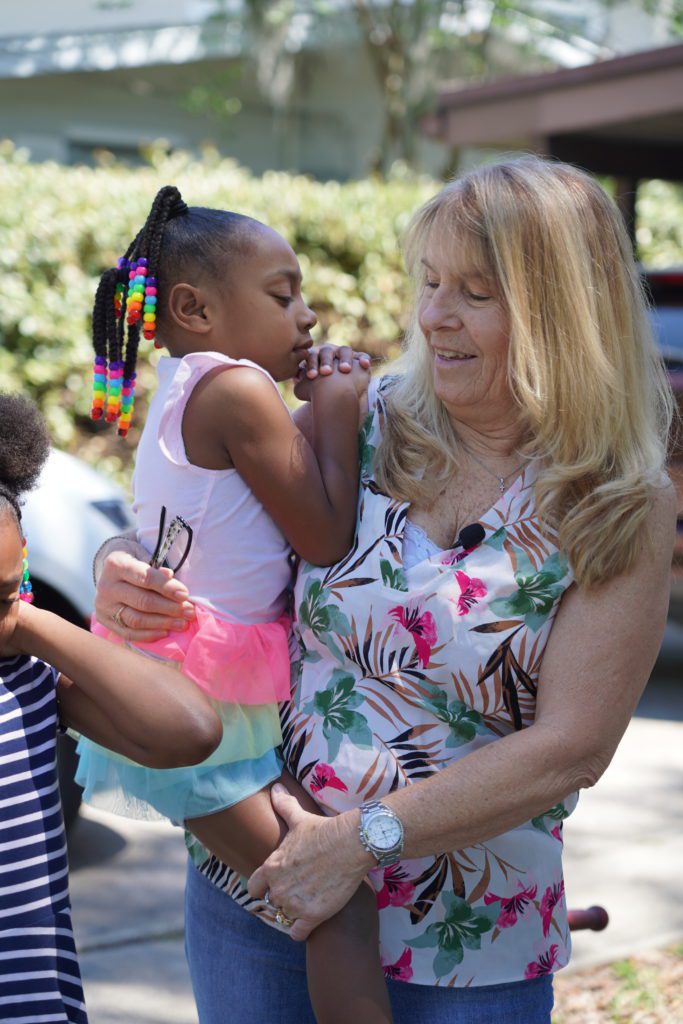
“It was joyful,” Strickland said. “I was scared. I wasn’t sure if it was the right thing for either one of us, but I knew that she could no longer be in the foster care system. She was going to be placed in another foster care because the person didn’t want her because of her behavior, and she was diagnosed with PTSD and ADHD.
“And she’s a very strong-willed little girl, but I said, ‘Nope, I’m going to do this and we’re going to make it work.’”
And then, shortly before the COVID-19 pandemic, Carly’s older sister, Savannah, came to live with them. Savannah was living with a great aunt and great uncle in Pierson, Florida. The conditions were deplorable. No plumbing. She had scars from bed bug bites. At an emergency hearing, Strickland was granted custody of Savanah as well.
Strickland, 65, is not alone. Nearly 6 million children and 1.5 million grandparents live in grandparent-grandchild households, according to caregiver.com.
They have a lot to process beyond the emotional scars of family dysfunction. But Strickland has worked hard to find resources in the system and has since become a strong advocate for other grandparents and great-grandparents in similar circumstances.
From local food pantries to churches that give away clothing to mental health services, Strickland has leaned on those resources as important allies.
Her struggle continues as she goes through the tedious process of legally adopting Carly, 5, and Savannah, 9. And there have been speed bumps involving paperwork and background checks. But Strickland remains undeterred.
“It’s just been frustrating at times, and you ask yourself ‘Why is all this really happening?’” she said.
“But the bottom line is that I am going to keep on doing what I’m doing. We are moving on, and we’re going to be OK,” she said.

